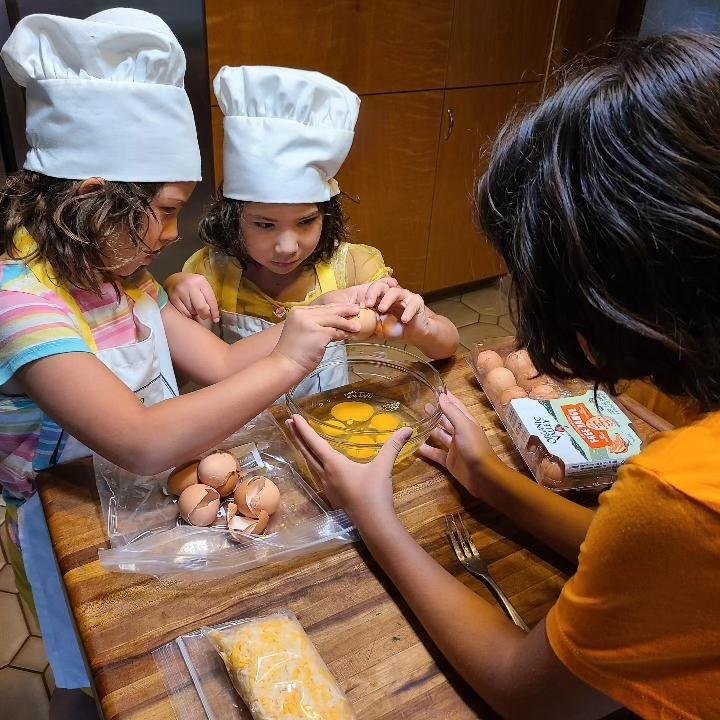arizona
Tucson Family Food Project Empowers Kids to Combat Meal Insecurity Through Cooking Skills

In Tucson, Steven Cota-Robles recently showcased his culinary skills while preparing pan-fried spaghetti on camera. As he skillfully drops minced garlic and tomato puree into a pot, he engages his online audience, expressing gratitude and excitement to share more recipes in the future.
Cota-Robles is the driving force behind the Tucson Family Food Project, an initiative aimed at combating childhood food insecurity. Each week, he provides families with pre-portioned meal kits that serve four, complete with a YouTube video demonstration to guide them through the cooking process.
Though not a professionally trained chef, Cota-Robles draws from a wealth of experience gained during his 15 years in grocery and restaurant management at Whole Foods. His passion for cooking began at a young age, yet it was the pandemic that prompted a reevaluation of his career path. He left his job, sold his house, and crafted a business plan specifically focused on addressing food insecurity among local children.
In Tucson, nearly one in eight residents faces food insecurity, while one in six lives in food deserts. Cota-Robles’ conversations with teachers highlighted the importance of teaching children not just how to eat, but how to cook and understand nutrition.
“We want to empower kids with life skills,” he emphasized. The Tucson Family Food Project currently supports 250 families each week, collaborating with four schools and primarily serving sixth through eighth graders who have the necessary motor skills for safe cooking.
Cota-Robles partners with Market on the Move, a nonprofit organization that salvages produce, including fresh items from Nogales, to minimize food waste. Recipe development occurs on Mondays, allowing Cota-Robles to incorporate seasonal ingredients, such as extra zucchinis into new dishes.
The meal kit preparation happens on Tuesdays at Catalina United Methodist Church, followed by a YouTube cooking session on Wednesdays. By Fridays, the meals are ready for delivery to participating schools, including AmeriSchools Academy and Safford K-8 School.
The enthusiasm from the students is palpable, according to Cota-Robles. Teachers report a noticeable shift in energy on Fridays, as children eagerly anticipate the meal kits.
Looking ahead, Cota-Robles envisions a central hub where any child can access meal kits, regardless of school affiliation, with plans to expand to 39 additional local schools in the near future.
Feedback from families has been overwhelmingly positive, despite some resistance to certain dishes, like the honey balsamic Brussels sprouts. Cota-Robles encourages children to tailor recipes to their personal tastes and dietary needs.
“That’s their food. They can make it however they want,” he stated, emphasizing the importance of ownership in cooking.
The Tucson Family Food Project is actively seeking donations and volunteers through its website, aiming to further its mission of fostering cooking skills and alleviating food insecurity in the community.


















